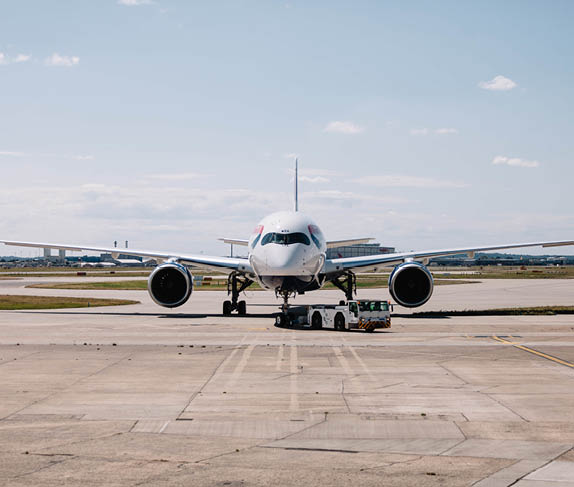During a visit to Gatwick airport, the UK Aviation Minister Liz Sugg, outlined the first proposed measures from the government’s upcoming aviation strategy consultation.
The consultation proposes the creation of a new ‘passenger charter’ to be adopted by airlines and airports, and backed by the government.
Through a partnership between industry and government, the charter will promote best practice and create a shared agreement of the required service levels for passengers, ensuring improvements are felt throughout their journey.
A major focus of the charter centres on improving the flying experience for passengers with disabilities, providing clarity on the assistance that should be provided to people travelling with reduced mobility and hidden disabilities.
Performance against the charter will be monitored and regularly reviewed publicly by the Civil Aviation Authority (CAA), which has already made significant progress in this area, including a new system of measuring the performance offered by airlines, as well as airports.
And action will be taken if improvements aren’t made voluntarily, bolstered by an extension of legal standards and enforcement powers for the CAA, including fines for breaches of accessibility and compensation measures.
The charter will also set out service level standards for all passengers for timely and simplified resolution of complaints and claims for compensation when flights are disrupted to improve the service offered to passengers.
It will incorporate work already undertaken by the CAA in reviewing the transparency and fairness of airline terms and conditions, including allocated seating and other unclear charges.
“Our fantastic aviation industry connects passengers to destinations across the world with some of the best fares available,” said Aviation Minister Liz Sugg. “But we are determined to work with industry to continue to drive up service levels and the new passenger charter aims to improve the experience of all passengers when they fly.
The passenger charter will be proposed as part of the government’s aviation strategy consultation later this year, which will be consulted on for 16 weeks before the finalisation of the government’s policy in 2019.

